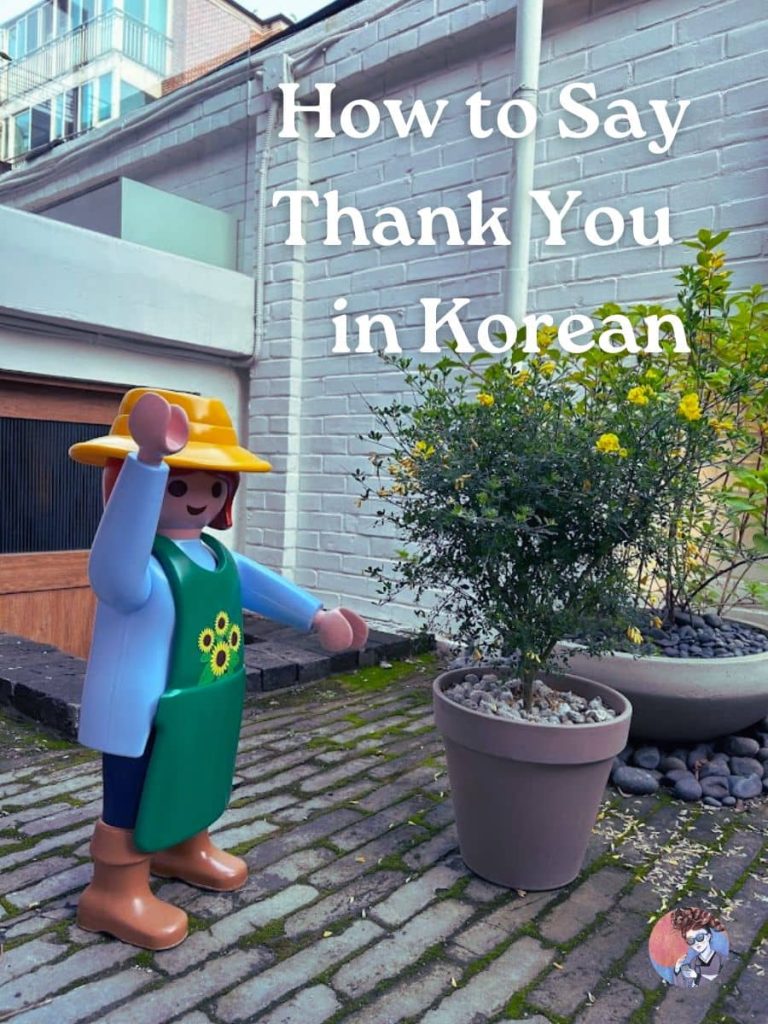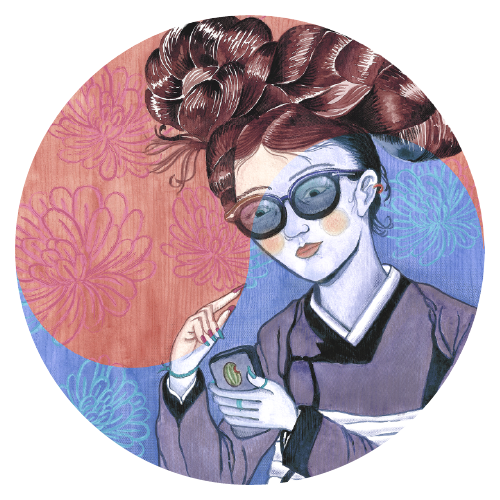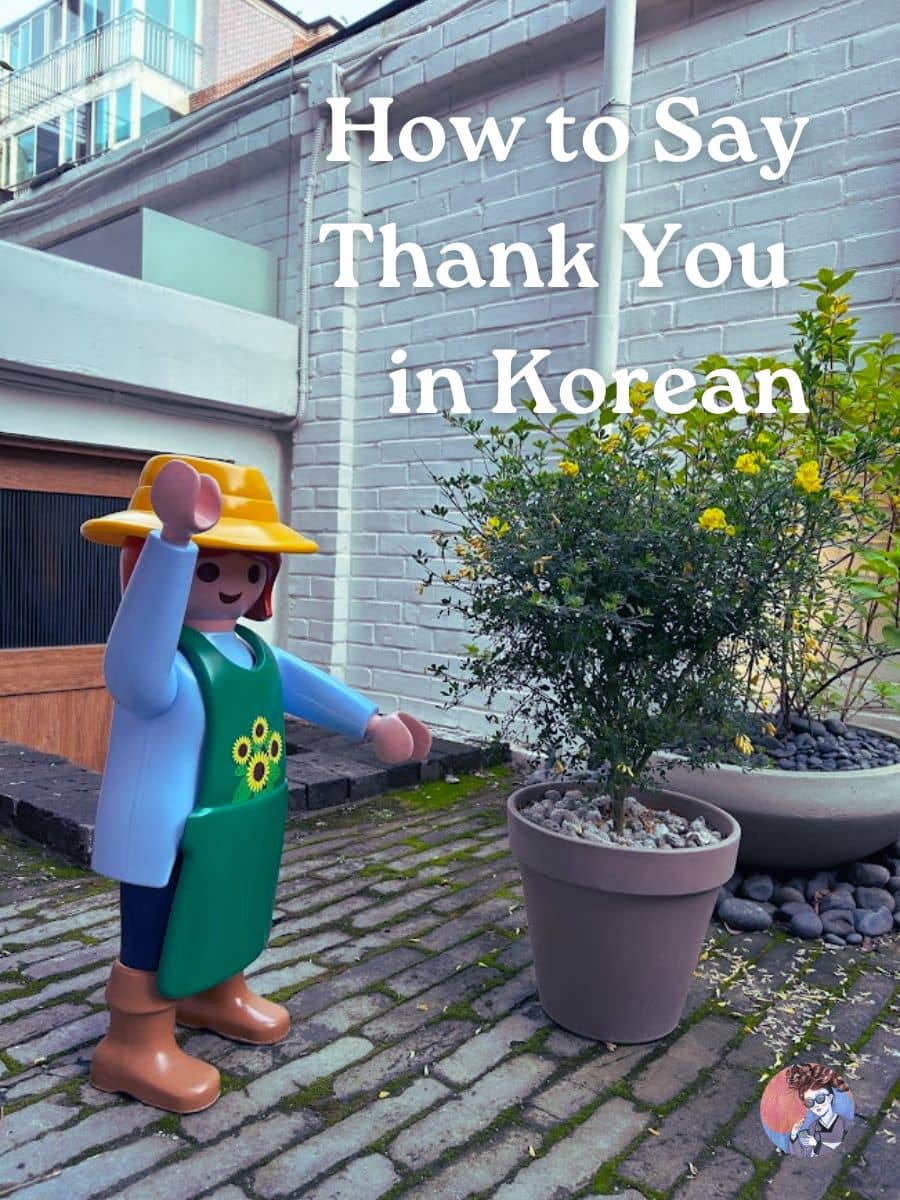
Knowing how to say “thank you” is helpful everywhere in the world, and Korea is no exception.
Here’s a guide to saying thank you in Korean!
Quick Summary
- A casual way to say “thank you” in Korean is gomawo.
- The most common and polite way is gamsahamnida.
- Gamsadeurimnida is appropriate in professional settings, such as work emails.
Casual: Gomawo
“Gomawo” is a casual and friendly way to say “thank you” in Korean.
This is used among close friends, family members, or people of the same age or younger.
It’s to show casual gratitude when you receive a gift or help.
It’s NOT appropriate in formal situations.
Polite: Gamsahamnida
A polite way to say thank you in Korean is “gamsahamnida.”
This version is appropriate for most situations, including when speaking to strangers, elders, or at restaurants and coffee shops.
It’s the most commonly used form of “thank you” in Korea with respect and politeness.
Formal: Gamsadeurimnida
For a more formal expression, there’s “gamsadeurimnida.”
It’s reserved for very formal and professional settings, like emails, ceremonies, or official speeches.
This form shows a deep level of appreciation and is highly respectful.
Other Expressions of Gratitude
Here are other ways to express thanks and appreciation in Korean:
Gomapseumnida
A formal way to say “gomawo” and “gomapda,” which is a similar version of gamsahamnida.
Jinsimeuro Gamsadeurimnida
It means “sincerely thank you,” to express heartfelt gratitude. It’s more suitable for emails or letters.
Cultural Context
The level of formality can vary based on the situation and your relationship with the person you are thanking.
Showing the appropriate level of respect through your choice of words is important in Korean culture because you don’t want to come off as rude when all you wanted to say was thank you.
Conclusion
Learning to say thank you in Korean is a simple yet powerful way to connect with Korean speakers and show your appreciation.
By understanding the nuances of these expressions, your experiences in Korea will be more enjoyable and meaningful!

